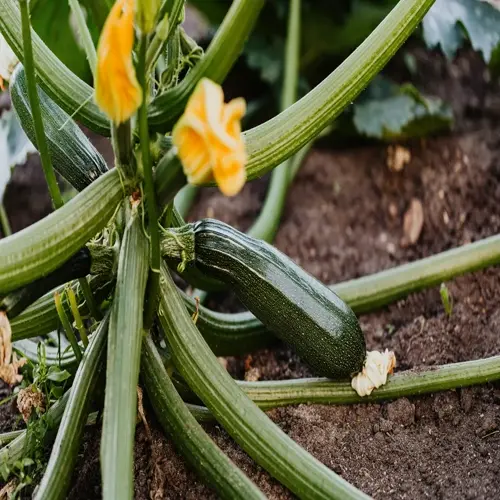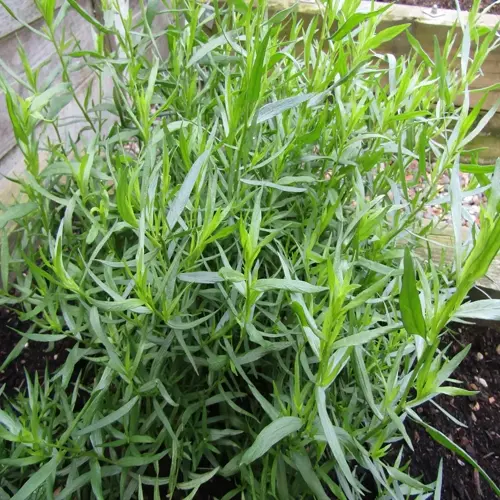Do seeds require airtight containers?

Written by
Benjamin Miller
Reviewed by
Prof. Charles Hartman, Ph.D.To avoid moisture or oxygen damage to seeds, airtight containers are mandatory. In my 15 years of seed saving, I've observed poor results from seeds stored improperly, which can be evident within just months, while seeds stored correctly have performed exceedingly well for years. This is primarily achieved by establishing a stable microclimate that simulates the natural conditions of dormancy.
Glass Mason Jars
- Best for: Long-term storage (5+ years)
- Seal type: Metal lids with rubber gaskets
- Protection level: Blocks 100% light and humidity
- My tip: Reuse desiccant packets from supplements
Vacuum-Sealed Bags
- Best for: Bulk seeds or freezer storage
- Seal type: Plastic with oxygen absorbers
- Protection level: Removes 99% oxygen
- My tip: Double-bag for puncture protection
Metal Tins
- Best for: Pest-prone areas
- Seal type: Clasp lids with silicone rings
- Protection level: Rodent-proof and durable
- My tip: Add bay leaves to deter insects
Material permeability determines the effectiveness of containers. Glass has no oxygen transfer, and some plastics allow slow migration. My experiments confirm that glass maintains 40% humidity for 18 months, while plastic increases to 60% humidity in 6 months if there is no glass; in this case, use freezer-grade plastics.
Secondary protection improves performance in warm and humid conditions. Place silica gel packs between the seeds and the wall of the containers. I use rice in linen bags for additional insulation for my coastal garden. Periodically check lids on your containers by placing sealed containers in water. Air bubbles will indicate if you have a leak.
Using airtight storage raised my seed viability rates from 50% to 90%. Use mason jars for your most special varieties this year. It is because of this practice that my 8-year-old tomato seeds still germinate beautifully. Great containers make seed saving a guarantee, rather than a matter of chance.
Read the full article: 5 Essential Tips: How to Store Seeds Properly

